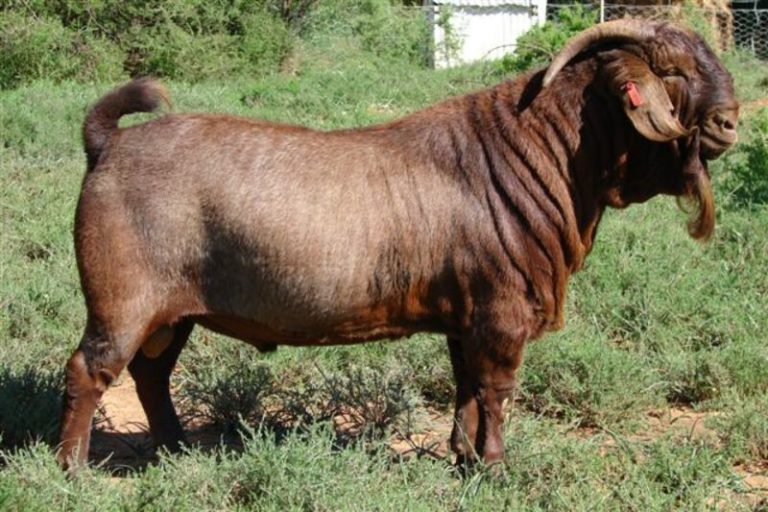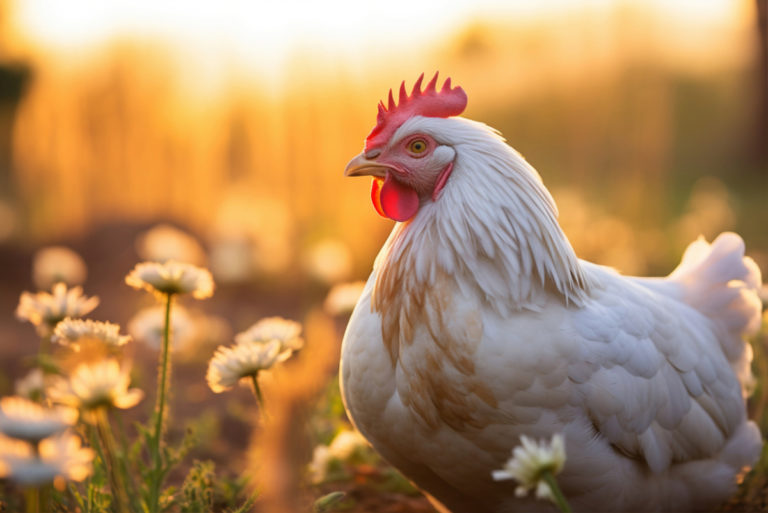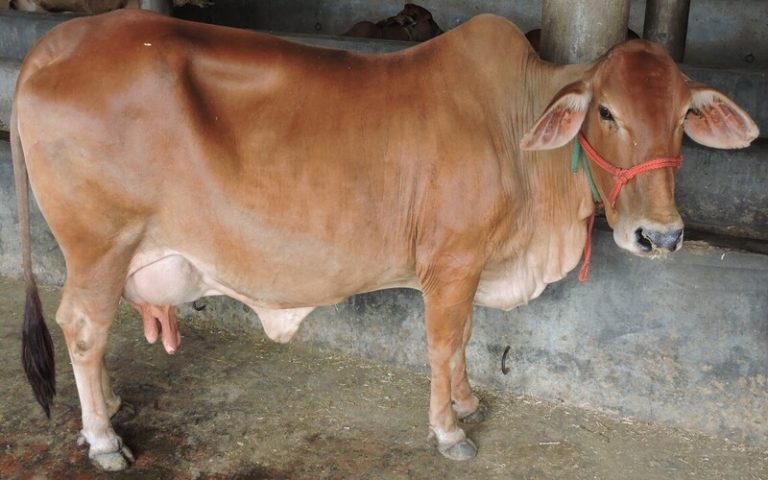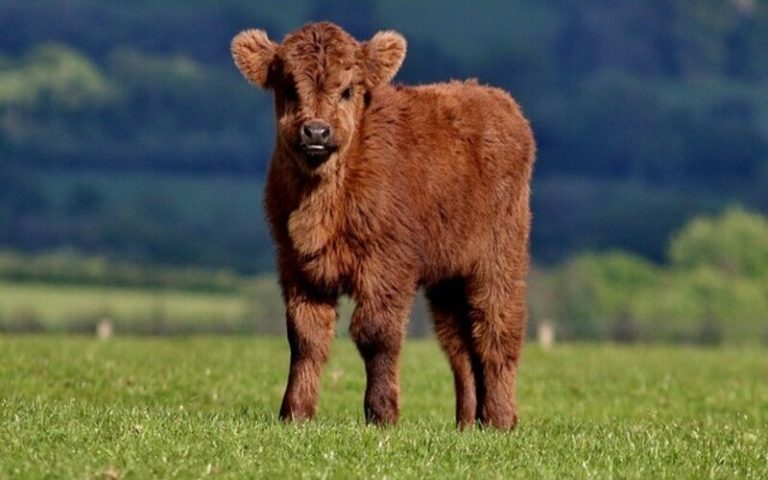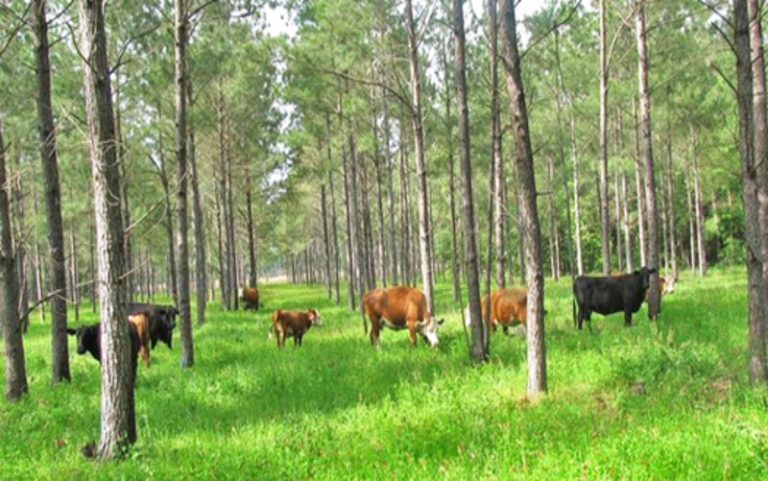From Feed to Health: A Comprehensive Guide to Livestock Management
Livestock management refers to the care and handling of domesticated animals such as cattle, sheep, pigs, poultry, and other animals raised for food, fiber, or other products. Effective livestock management is crucial for the health and welfare of the animals, as well as for the success of the farming operation.
Good livestock management practices begin with choosing the right breeds and genetics for the intended purpose, whether that’s milk production, meat production, or a combination of both. Proper nutrition, housing, and care are also critical components of successful livestock management.
Nutrition
Proper nutrition is essential for the growth, health, and productivity of livestock. Feeding the right balance of nutrients can help animals reach their full potential, prevent disease, and increase resistance to stress. The nutritional needs of different types of livestock can vary greatly, so it’s important to consult with a veterinarian or livestock nutritionist to determine the best diet for each species.
Housing
Adequate housing is also critical to the health and well-being of livestock. The type of housing will vary depending on the species and the climate, but it should provide shelter from the elements, as well as protection from predators. It’s also important to provide sufficient space and ventilation to prevent overcrowding and to reduce the risk of disease.
Care
In addition to nutrition and housing, good livestock management also requires routine care and monitoring. This can include regular health check-ups, vaccinations, and parasite control. Regular grooming and exercise can also help maintain the health and well-being of the animals.
Livestock Health
Maintaining the health of the animals is crucial for the success of a livestock operation. Regular health’s checks can help identify and treat problems early on, preventing them from becoming more serious and spreading to other animals.
It’s also important to implement biosecurity measures to prevent the spread of disease, such as separating sick animals from healthy ones and using proper sanitation practices.
Animal Welfare
Animal welfare is a growing concern in the livestock industry, and good livestock management practices can help ensure the well-being of the animals.
This can include providing appropriate housing and nutrition, minimizing stress, and avoiding practices that cause pain or discomfort. It’s also important to ensure that livestock are handled humanely and ethically, in compliance with animal welfare laws and regulations.
Technology in Livestock Management
The world of livestock management is constantly evolving, with new technologies and innovations emerging to help farmers maximize productivity and improve animal welfare. From precision agriculture to real-time monitoring and analysis, technology is playing an increasingly important role in modern livestock operations.
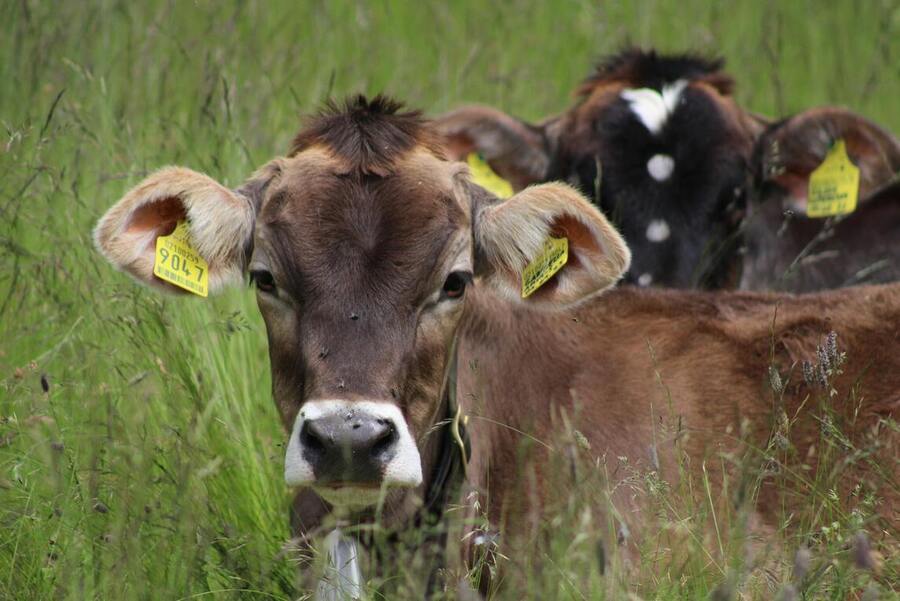
Precision Agriculture
Precision agriculture is a farming management approach that uses technology and data analysis to optimize the use of resources such as water, fertilizer, and feed. With the help of sensors, GPS mapping, and other tools, precision agriculture can help farmers make informed decisions about crop and livestock management, improving efficiency and reducing waste.
For example, sensors can be used to monitor soil moisture levels and provide real-time data on the needs of crops and pastures. This information can help farmers make more informed decisions about irrigation and fertilization, reducing waste and improving yields.
Livestock Monitoring
Technology is also being used to monitor the health and welfare of livestock in real-time. With the help of wearable devices, farmers can track the activity, behavior, and vital signs of animals, providing early warning signs of health issues or other problems.
For example, wearable devices can monitor the temperature and heart rate of dairy cows, alerting farmers to the onset of mastitis, a painful and potentially costly infection. Other technologies, such as drones, can be used to monitor the behavior and health of animals from above, providing a new perspective on livestock operations.
Feed Management
Technology is also playing a key role in feed management, helping farmers optimize nutrition and reduce waste. With the help of sensors and data analysis, farmers can monitor the feed intake of animals, adjusting rations to meet their specific nutritional needs.
For example, automatic feed dispensers can provide real-time data on feed consumption, allowing farmers to make adjustments to the diet based on the needs of the animals. This can help improve the health and productivity of the livestock, while also reducing waste.
Technology is revolutionizing the world of livestock management, providing farmers with new tools and insights to improve efficiency and animal welfare.
From precision agriculture to real-time monitoring and feed management, these innovations are helping farmers achieve new levels of productivity and profitability, while also promoting the health and well-being of the animals.
Whether you’re a large-scale producer or a small-scale farmer, technology is an important tool in the world of livestock management.
Conclusion
Effective livestock management is essential for the success of a farming operation and the well-being of the animals. From genetics and nutrition to housing and care, there are many factors to consider when managing livestock. With the right tools and techniques, however, it is possible to achieve a thriving and sustainable operation, while also promoting the health and welfare of the animals.
Note: This article is written for informational purposes only and should not be used as a substitute for professional advice and guidance. Before making any changes to your livestock management practices, it’s important to consult with a veterinarian or livestock specialist.
Also Read :-


